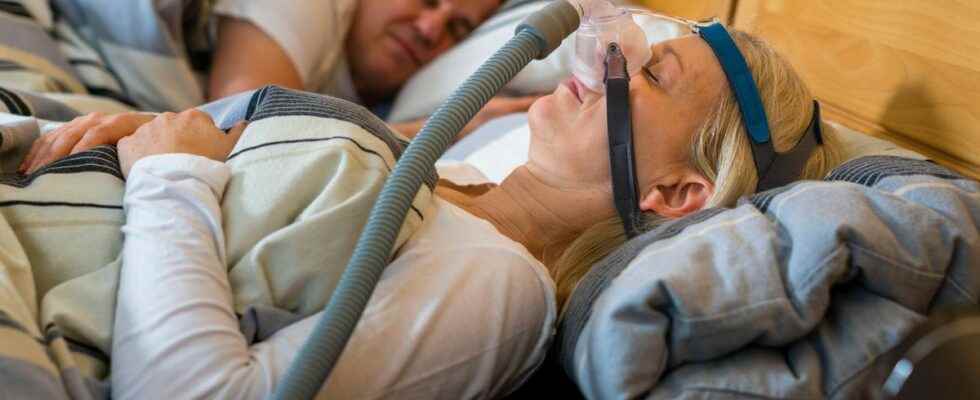Published on
Updated
Reading 2 mins.
As part of the case concerning the defective respirators of the Philips brand, the National Agency for the Safety of Medicines and Health Products convened a committee of experts made up of all the parties on June 8 in order to better understand the potential risks associated with the use of these defective devices. She is reporting her findings today.
The National Agency for the Safety of Medicines and Health Products (ANSM) publishes its conclusions after the meeting of the committee of experts made up of representatives of associations of users of the health system and other medical specialists who met on June 8th.
A “lack of precision” on the part of Philips
The ANSM’s committee of experts denounces several shortcomings on the part of the Dutch giant: “the overall testing strategy followed is not understandable and it is not possible to determine the potential risks associated with the use of these defective devices”. They are summarized in several points:
- “It is not possible to assess exposure to volatile organic compounds (VOCs) potentially released and the associated risks based on the data currently available (preclinical data and epidemiological data).
- Regarding the carcinogenic VOC (dimethyldiazene) identified by Philips in June 2021, the experts have shown that it was probably confused with another non-carcinogenic VOC (acetone). This point was confirmed by the Philips company after the CSE. Consequently, the risk associated with dimethyldiazene as mentioned by Philips in June 2021 cannot be proven for lack of proof of its presence.
- The particles resulting from the degradation of the foam must be further characterized (quantitatively, physically and chemically) in order to be able to conclude on a possible impact on health”.
For Christian Trouchot, president of Airas, an association for people with respiratory problems, “all our initial questions remained unanswered. We only have the impression that Philips is walking us around and giving evasive answers”. Christian Trouchot does not say he is very optimistic for the future. “We do not have access to all the ins and outs of the case, especially since certain meetings take place between Philips and the ANSM and we are not invited to them. deplores the president of Airas.
Do not stop treatment
The recommendations of ANSM experts do not change: they always recommend that patients not stop their treatment “regardless of the type of device used”.
They also remind patients that their “pulmonologist or home healthcare provider has contacted you or will contact you in order to arrange the repair or replacement of your equipment, depending on the availability of the equipment”.
In the event of an adverse reaction (headaches, irritation – skin, eyes, respiratory tract -, inflammatory reactions, cough, chest pressure, asthma and sinus infection, or other symptoms that may be related to the use of the device), patients are invited to report it to their doctor and to make a declaration on the dedicated reporting portal.
Finally, the ANSM considers that “epidemiological studies, in particular on the risk of cancers and obstructive lung diseases, should be continued with patients exposed for more than 7 to 10 years“.
Device replacements still in progress
Finally, regarding the replacement of defective respirators, Philips told the ANSM “having planned as of June 30, 2022 to ship 47% of CPAP devices and 34% of non-life support ventilators for replacement. No life support fans have been repaired, or delivered by Philips as part of the replacement of defective devices. The ANSM is evaluating the possible follow-up to this situation. concludes the press release.
